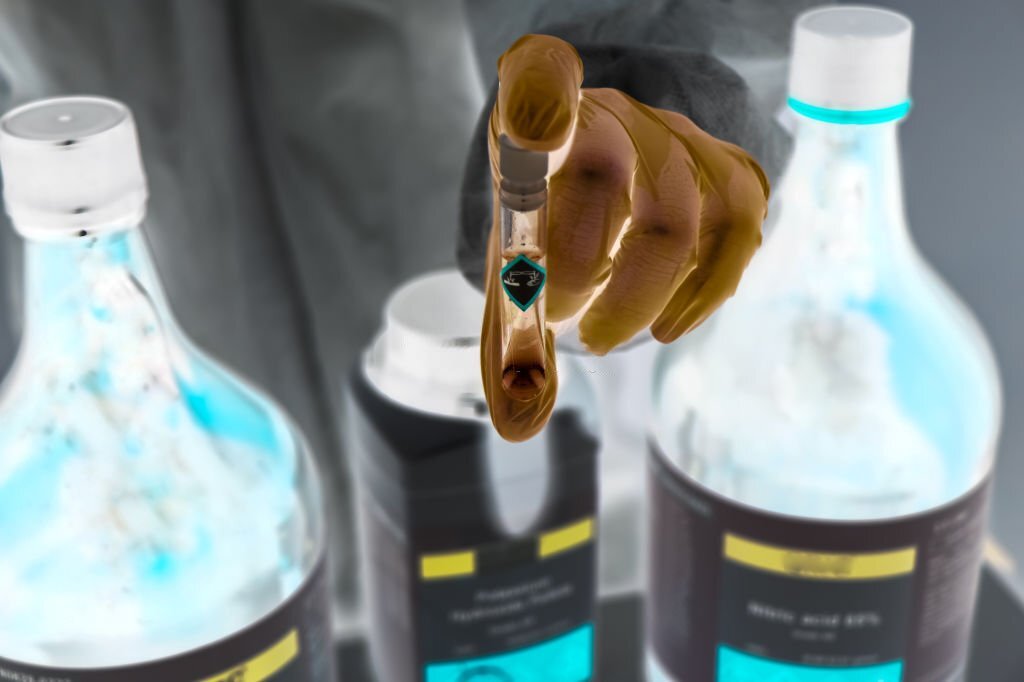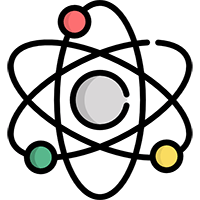
A water ionizer is an electronic device that produces alkaline and acidified water. It works by passing a current through salt water, which produces positively charged ions and negatively charged ions.
The positive ions are attracted to the negative ions and combine together to form neutral molecules. These neutral molecules are called hydroxyl ions (OH-) and hydrochloric acid (HCl).
The OH- ions are responsible for cleaning and disinfecting the body, while the HCl is responsible for killing bacteria.
The pH levels of both types of water are measured on a scale of 0–14. 7 is considered neutral. Anything above 7 is considered alkaline, and anything below 7 is considered acidic.
Alkaline water is good for drinking because it contains high concentrations of calcium, magnesium, potassium, sodium, bromine, chlorine, and iodine. It helps cleanse the digestive tract and promotes overall health.
Acidic water is great for washing dishes, clothes, and other surfaces. It removes stains and kills germs.
What Does Water Ionizer Do?
The main purpose of a water ionizer is to remove impurities from tap water. Tap water can contain many different chemicals that may be harmful if ingested or absorbed into the skin.
These chemicals include lead, mercury, arsenic, fluoride, nitrates, pesticides, herbicides, pharmaceuticals, hormones, antibiotics, heavy metals, industrial solvents, detergents, and more.
By using a water ionizer, you will be able to eliminate these toxins from your body.
How Does A Water Ionizer Work?
A water ionizer uses electricity to create two different kinds of ions: positive ions and negative ions. Positive ions are created when a small amount of salt is added to the water.
Negative ions are created when oxygen is added to the water, such as in aerated waters. Both positive and negative ions have beneficial effects on our bodies.
Positive Ions
Positive ions help cleanse the body and promote overall health. They are produced when a small amount of table salt is added to the tap water.
When the positive ions attach themselves to the negative ions, they become neutralized.
This process creates a type of water known as alkaline water.
Negative Ions
Negative ions are also very important for maintaining healthy living. They kill bacteria and viruses and prevent them from attaching to the walls of cells.
Negative ions are produced when oxygen is added to tap water. Oxygen has a negative charge, so it attracts the positive ions in the water.
Health Benefits of Using a Water Ionizer
Using a water ionizer is one of the best ways to improve your health. Here are some benefits of using a water ionizer:
1. Alkalize Your Body
When you use a water ionizer, you'll get rid of all the bad things in your tap water. You'll also benefit from the minerals found in the salt.
These minerals are essential for keeping your body balanced. According to research, people who drink alkaline water have fewer illnesses than those who don't.
2. Cleanse Your Skin
When you use a water ionizer, you'll be removing all the dirt and debris from your tap water. This means that you won't need to wash your face as often.
In addition, you'll notice that your skin feels softer and smoother after using a water ionizer.
3. Prevent Illness
You're less likely to catch colds and flu when you drink alkaline water.
Drinking alkaline water also helps keep your immune system strong.
4. Improve Digestion
You'll find that your digestion improves when you use a water ionizer.
Because the water is alkaline, your stomach acid will stay at its proper level. This allows your food to digest properly.
5. Boost Energy Levels
If you feel tired or sluggish, try adding a few drops of pure oxygen to your water. This will give you an energy boost.
6. Boost Immune System
Because your body is exposed to fewer contaminants when you use a water filter, you'll have better immunity against illness.
7. Reduce Stress
Stress levels decrease when you use a water filter because you're not drinking toxic water. Toxic water means that there are too many pollutants in the water.
What Kind of Water Ionizers Are There?
There are several types of water ionizers available today. Each variety produces different results. Here are some of the most popular models:
1. Chromium-based Water Ionizer
This model works by passing tap water through a bed of chromium oxide. The chromium oxide absorbs the impurities in the water. It then releases the purified water into the air.
2. Electrolytic Water Ionizer
This model uses electrodes to produce positive and negative ions. Electrodes are placed inside the tank where the water passes through.
3. Ionizing Water Filter
This model uses a combination of activated carbon and copper to remove harmful chemicals from the water.
The Best Way To Use A Water Ionizer
It's important to remember that water ionizers aren't meant to replace good old-fashioned bottled water. Instead, you should use them in conjunction with other methods of purifying water.
For example, if you want to reduce the number of toxins in your body, you can add a water ionizer to your daily routine. If you're going to eliminate chlorine from your water, you can buy a reverse osmosis machine.
Water Ionizers vs. Reverse Osmosis Systems
Reverse osmosis systems and water ionizers both remove certain contaminants from your water. However, they do it with very different results.
Reverse osmosis systems use pressure to push water through a filtering system. These processes leave about 95 percent of the minerals in the water behind.
Water ionizers use electricity to create ions in the water. These ions have either a positive or negative charge. With the help of an ionizer, the water naturally clumps together, allowing the ions to grab certain contaminants like lead, copper, and iron. Water ionizers leave most of the minerals in the water behind.
A water ionizer could be beneficial if you're looking for a way to make your water healthier.
Conclusion
In conclusion, a water ionizer is a device used to purify drinking water. This process involves using electricity to break apart ions found in tap water, which helps remove harmful contaminants like lead and chlorine from the water.
While these devices aren't cheap, they are very easy to use and can help improve the quality of your home's water supply.
Water ionizers are available in two main types: point-of-use units and countertop models.
Point-of-use units are designed to sit next to your sink and filter your water as it flows through.
Countertop models are usually placed near your kitchen faucet and require less maintenance than their point-of-use counterparts. Both options offer similar levels of performance, though the latter tends to be slightly more affordable.


